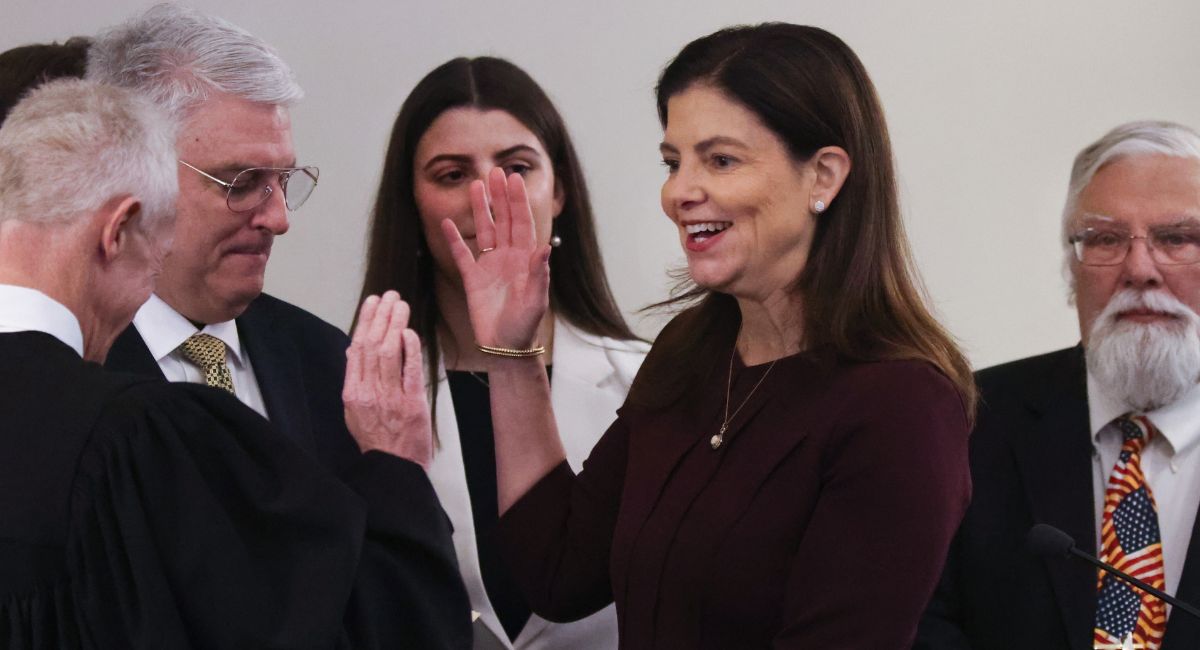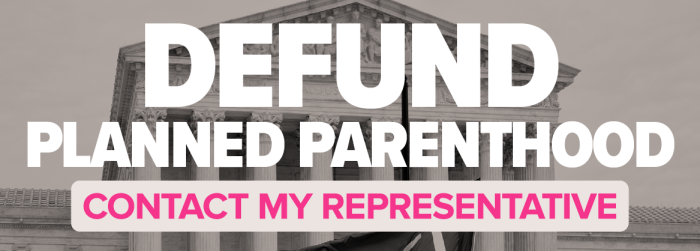A proposed bill that sought to protect more preborn children from abortion in New Hampshire is now off the table following a House vote. The state’s new Republican governor, Kelly Ayotte, had previously said she would veto any pro-life legislation that came across her desk, despite espousing a pro-life stance in the past.
The New Hampshire House of Representatives voted 340-15 to withdraw House Bill 476 last week, which would have protected preborn children from abortion beginning at 15 weeks rather than 24 weeks, as the current law allows. The 15-week bill included exceptions for medical emergencies and fetal diagnoses, though induced abortion — the direct and intentional killing of preborn children — is not medically necessary.
Rep. Katy Peternel, sponsor of the bill, filed a motion to withdraw it, citing “a flaw in the bill that prevents us from moving forward in a logical, reasonable, or obvious way.” She didn’t specify what that “flaw” was; however, she noted, “Without consensus among the pro-life organizations across New Hampshire, this bill does not have the broad support it needs to advance successfully out of committee.”
New Hampshire Right to Life explained its concerns with the bill on its social media pages. According to the group, the concerns surrounded c clause in the bill which stated, “All abortions are legal in New Hampshire before 15 weeks gestational age. No regulatory or law enforcement agency has the authority to penalize a health care provider for performing an abortion except as specifically provided in RSA chapter 329.”
View this post on Instagram
NH Right to Life explained, “The main issue with the first section in HB476 was that clause may open the door to abortionists not being held accountable under current regulations before 15 weeks. This includes nullifying parental notification, providing a defense to abortionists who commit crimes like forced abortions, and giving immunity to abortion providers for malpractice and gross negligence. Our organization confirmed this concern with multiple senior attorneys, including two former NH judges.”
Notably, New Hampshire Gov. Kelly Ayotte stated in her inaugural address in January, “[I]f you send me legislation that further restricts access to abortion beyond our current law, I will veto it.” Self-proclaimed pro-life legislators in both the House and the Senate had vowed during the election season that they, too, would not pass any additional pro-life laws.
Ayotte’s decision to support the current law allowing the dismemberment of preborn children by D&E abortions came as a shock following her years of support for pro-life measures.
READ: AG Pam Bondi orders investigation into Biden-Harris DOJ’s targeting of pro-lifers
Ayotte’s stark about-face on abortion
As attorney general for New Hampshire, Ayotte protected pro-life laws — and as a U.S. senator, Ayotte voted for a 20-week federal law protecting preborn children from abortion, repeatedly voted to defund Planned Parenthood, and voted in favor of allowing employers and insurance companies to refuse coverage for IVF procedures. She also helped to launch the political action committee Winning for Women, which was created to ensure the election of more pro-life women, and which donated to her campaign for governor. Then, on the same day she announced her run for governor, she announced that she would not change the state’s pro-abortion law — either to protect babies, or to protect abortion as a state ‘right.’
Saying she would defend the state abortion law against any federal regulations to either expand or restrict abortions, Ayotte told WMUR in August, “What the Supreme Court did is turn this issue back to the states. New Hampshire passed a law. That law allows women the freedom to obtain an abortion up to six months of pregnancy for any reason. And in the last three months, as you know, there are exceptions for medical emergencies or a fatal fetal anomaly. I will protect that law, I will defend that law, I will not change that law. And if Washington tries to tell New Hampshire what to do, I will fight Washington because I believe that this is a state issue, that New Hampshire should decide this issue, and we should have a New Hampshire solution to an issue I understand people feel strongly about.”
But her argument falls flat. If she believes that abortion laws should be left to the states to decide, then she is the one who holds the power to approve pro-life laws passed by New Hampshire’s legislature. All politicians who claim to be against abortion could and should work to protect more — and even all — babies in New Hampshire and elsewhere, because human rights — the right to live and not be killed — should not be regulated based on age, size, location, or health status.
The science of when human life begins hasn’t changed since Ayotte left the Senate and became governor. Preborn children, no matter the state in which their mothers reside, are nothing less than human beings worthy of respect and life.
Roe and Casey are gone, and states have the right to defend human lives
Twenty years ago, when Ayotte was AG of New Hampshire, she lost in court to Planned Parenthood of Northern New England, which filed a lawsuit against the state’s Parental Notification Prior to Abortion Act, claiming that it “violated the ‘undue burden’ test laid out in Planned Parenthood v. Casey, a 1992 Supreme Court decision that reformulated the constitutional protection given to abortion in Roe v. Wade,” because while there was an exemption to protect the mother’s life, there was no exception to protect the mother’s health.
In an appeal, Ayotte argued that Planned Parenthood could not file such a legal challenge until there was an actual minor patient facing such an emergency. The case made it to the U.S. Supreme Court, which in 2006 upheld Planned Parenthood’s ability to challenge the law’s constitutionality before the law had even been enforced, and affirmed that states may not enact pro-life protections that do not include exceptions to protect women’s health. The Supreme Court sent the case back to the lower courts with a list of criteria for determining whether parts of the law could take effect or be blocked. The law was repealed in 2007 before further legal action took place, making it a win for Planned Parenthood.
But today, Roe and Casey are gone. Ayotte now has the ability as governor to enact a law to save lives, instead of protecting an unjust law that allows nearly 2,500 preborn babies to be slaughtered each year in New Hampshire.
The Supreme Court’s decision in Dobbs v. Jackson Women’s Health Organization allowed states to protect babies from abortion. It allowed states the opportunity they had been denied for nearly 50 years — the opportunity to do the right, moral, ethical thing and protect life.
Editor’s Note 2/11/25: This article was updated with information from New Hampshire Right to Life.








